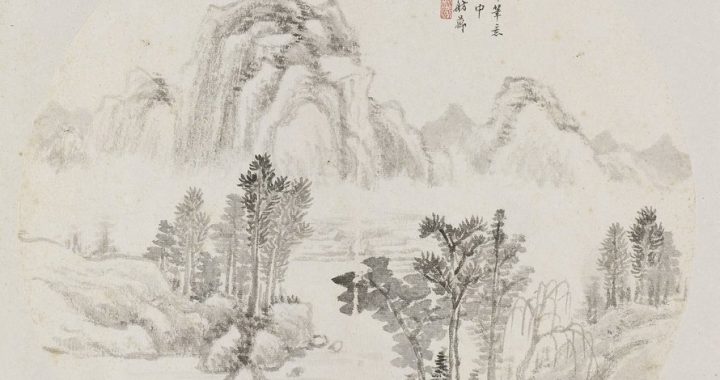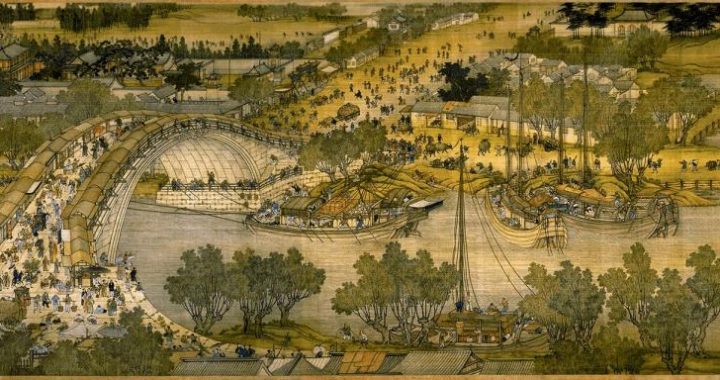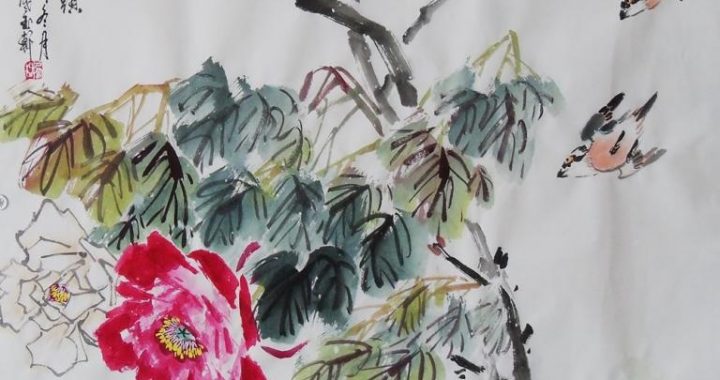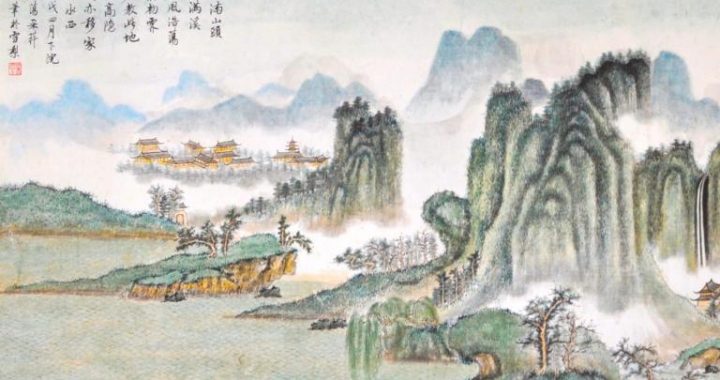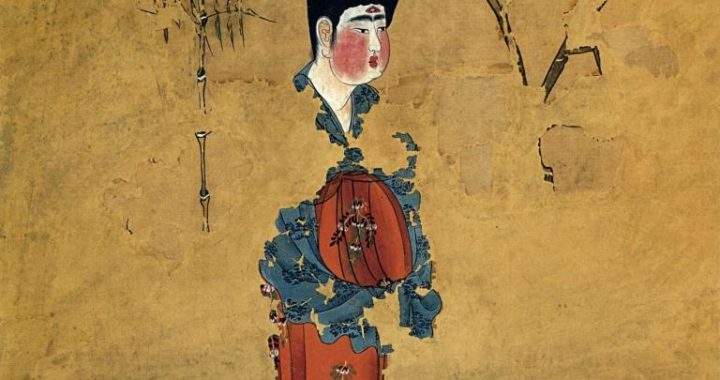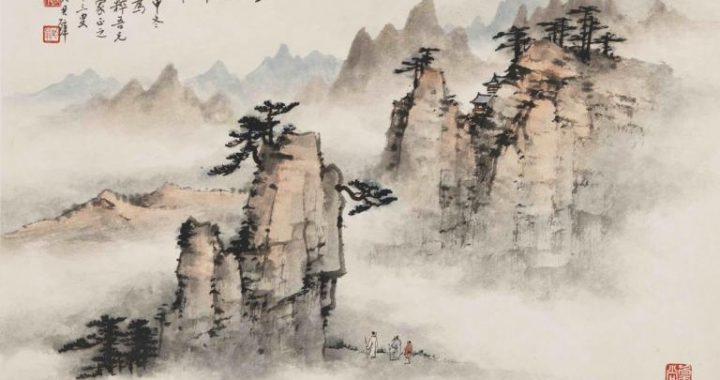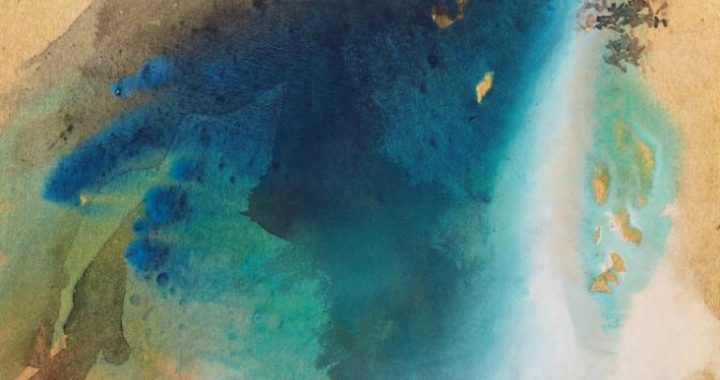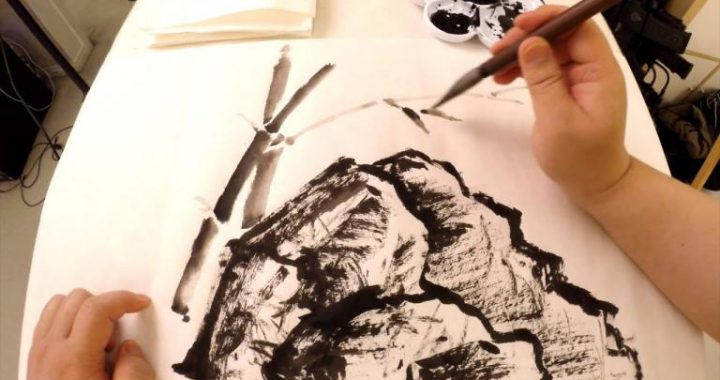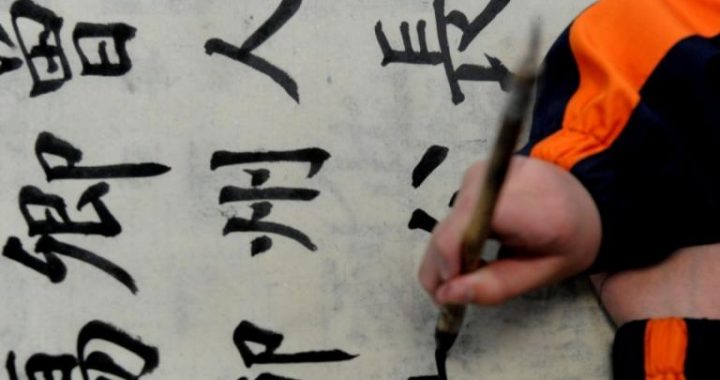Patriotic Poets in the Southern Song
3 min readIn the Southern Song dynasty, poets represented by “Four Masters of Zhongxing”, namely, Lu You, Yang Wanli, Fan Chengda and You Mao, geared the practice of Jiangxi school imitating Du Fu into patriotism. Their works were shining with fevered passion for their nation and all of sudden, this passion swept all over the country.
In the last years of the Southern Song, many typical poetry schools came into being one after another, such as Four Ling school, Wandering poets and Patriotic school.

Jiangxi poetry school was well-known in the late Northern Song and early Southern Song. It was so called because of The Chart for Poetry Schools in Jiangxi by poetry critic Li Benzhong. They advocated to highly praise Du Fu. Their representative Huang Tingjian was a native of Jiangxi, thus they were called the “Jiangxi poetry school”.
The development of Jiangxi poetry school could be roughly divided into 3 phases, i.e., the sprouting phase represented by Huang Tingjian and Chen Shidao; the expansion phase by Li Benzhong, ZengJi and Chen Yuyi; and the end phase by Yang Wanli, Fan Chengda and Lu You. The third phase was the period with highest achievement, symbolized by the emergence of Chengzhai style. The style initiated byYang Wanli was so called because of Yang’s courtesy name (hao) Chengzhai. Chengzhai style emphasized that poetry should come from nature and the heart. Poets were required to follow the rules of nature externally and the rules of heart internally and should be original in imagination, lively in language, humorous in style and independent in system.A1l there features abounded in Yang’s writings. Yang Wanli also developed poetry into a free realm and his style was very special and influential. Meanwhile, Fan Chengda, who was equally noted as Yang Wanli, also had effort in the development of poetry in this period, especially the development ofpastoral poems. But the poet who achieved the greatest achievement in this period was Lu You.

Lu You(1125-1210), courtesy name(zi) Wuguan,(hao) Fangweng. Lu You was raised in a literary and patriotic family. His life was also composed of these two parts–literature and love for his country. As the most productive poet in the history of China’s poetry, Lu You wrote over10,000 poems, besides many of his works in ci andprose. His poems cover a wide range of subjects and are rich in contents. The most outstanding ones are those describing the ethnical contradictions. His famous Moon of Mountain Pass exhibites an enthusiasm, it is so dignified and heroic and generally regarded as the masterpiece of Lu You’s patriotic poems. Poems which show Lu’s concerns over common people’s livelihood also take up a relative large proportion.
Lu You’s poems exerted huge impacts on his times and the ages after him. He inherited the fine tradition of romanticism and realism in poetry and eliminated the weaknesses of Jiangxi poetry school by rescuing poetry from the ivory tower and turning poetry into the clarion and weapons in the real-life fights. His poems prevailed in the literary circles of the Southern Song and turned themselves into the weapons against enemies and the surrenders, as well as the weapons for the patriotic people.
Three other poetry styles appeared after Lu You.
The first one was the Four Ling school. The poets of this school esteemed the literary style of the late Tang dynasty and wrote in simple and fresh language about the happiness of living a free and simple life. Jia Dao and Yao He were regarded as their exemplars, but their strength was too small to produce enough influence.
The second school refers to the wandering poets, many of them exposed and criticized the ugly social phenomena in sharp and sarcastic tones, rendering their poems a deep and profound social significance. This school is represented by Liu Kezhuang and Dai Fugu.

The third school was the patriotic poets represented by Wen Tianxiang, Wang Yuanliang, Lin Jingxi and Zhen Sixiao. Their works are filled with dignity, justice,heroism, patriotic enthusiasm and sentiments.A patriotic trend formed by their poems in that time not only influenced the poetry circles but also the society and country at large.
